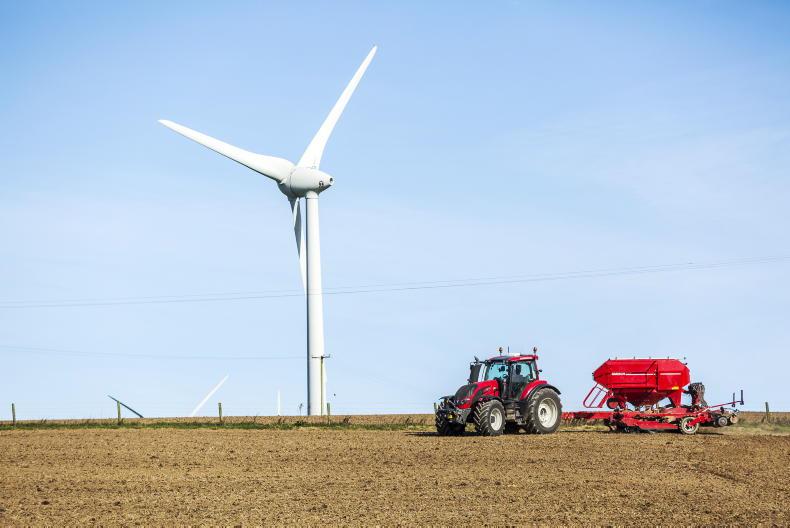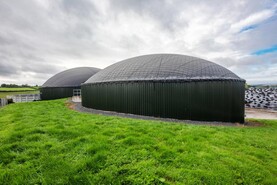The European Commission urged Ireland to make use of EU funds to expand public investment in the green transition and energy security as far back as May, it has been revealed.
In March 2022, the European Commission launched its €300bn RepowerEU initiative aimed at phasing out the European Union’s dependence on fossil fuel imports from Russia by 2030.
The initiative would provide funding towards a range of new targets including a doubling of solar photovoltaic capacity by 2025 and reaching 600GW by 2030, doubling the rate of deployment of heat pumps, measures to integrate geothermal and solar thermal energy in modernised district and communal heating systems, and increasing production of biomethane to 35bn m3 by 2030.
REPowerEU provided a significant opportunity for member states to secure additional funding to ramp up renewable energy production via the EU’s Recovery and Resilience Facility.
The initiative allowed countries to amend their existing National Recovery and Resilience Plans (NRRP), which were developed to assist in the recovery from the COVID pandemic.
In 2021, Ireland secured €989m in EU grants to roll out its NRRP. The Government claimed one of highest levels of climate-based measures in its plan out of all member states, at around 42% of the total budget.
It has now emerged that in May, the Commission provided guidance to Ireland on how to increase its NRRP budget and secure additional grant aid under REPowerEU.
This coincided with the publication of the Commission’s 2022 Country Report for Ireland where it identified gaps in Ireland’s progress in meeting new and emerging challenges such as Russia’s invasion of Ukraine.
The Commission again urged the Government to make use of EU funds such as REPowerEU.
No need for action
Last month, the Department of the Environment, Climate and Communications confirmed to the Irish Farmers Journal that it did not apply to the EU for an increased budget under the NRRP via REPowerEU. The Department claims that, as Ireland used very little Russian gas, it did not have to take similar actions to other countries. Ireland was the only EU country to increase its natural gas usage in the first three quarters of 2022 compared to the same period in 2021.
The Department again pointed to the fact that around half of the NRRP funding, or just over €400m, was already directed towards climate measures. Of the NRRP budget, approximately €164m will be spent on the electrification and upgrade of Cork commuter rail, €155m in energy efficiency in residential and public buildings, and €108m to support the restoration and rehabilitation of wetlands to change land use from peat extraction to carbon sequestration.
None of the funding is to be used towards the production of renewables and meeting the European Commission’s REPowerEU targets.
We are in an energy and climate crisis and are staring down the barrel of challenging sectoral emission ceilings.
The failure to apply for REPowerEU funding represents yet another lost opportunity by the Government to follow through on its renewable energy and climate targets.
Through REPowerEU, Ireland could have secured new money, some of which could be directed towards developing new renewable energy schemes for the agricultural sector.
Despite several schemes already in place such as the Renewable Electricity Support Scheme, the Micro Generation Support Scheme and the Support Scheme for Renewable Heat, there are virtually no opportunities for farmers to invest in renewable energy projects as a means to generate additional income. These schemes only focus on energy-import substitution or the development of large industrial scale projects.
REPowerEU funding was there for the taking and could have finally kickstarted a new renewable energy industry focused on farm-scale wind, solar and anaerobic digestion, designed to put money into farmers’ pockets. We can only hope that the Government is actively seeking to correct this.






 This is a subscriber-only article
This is a subscriber-only article











SHARING OPTIONS: